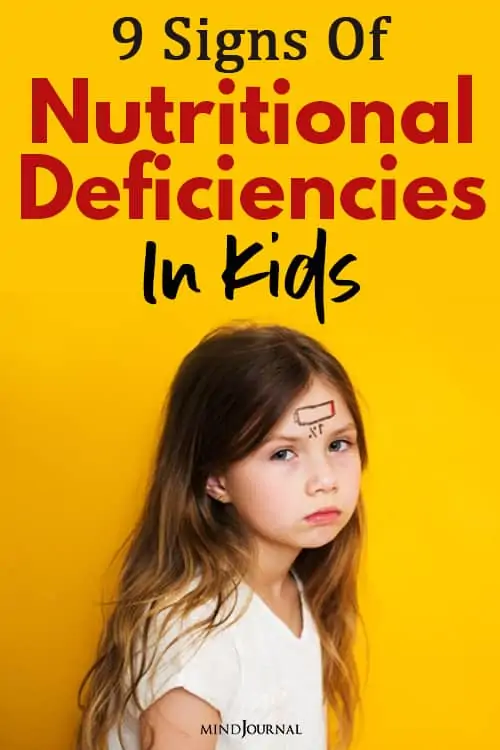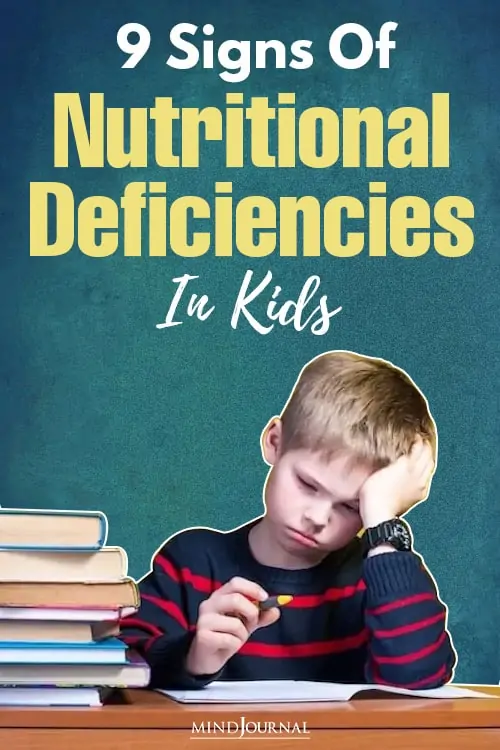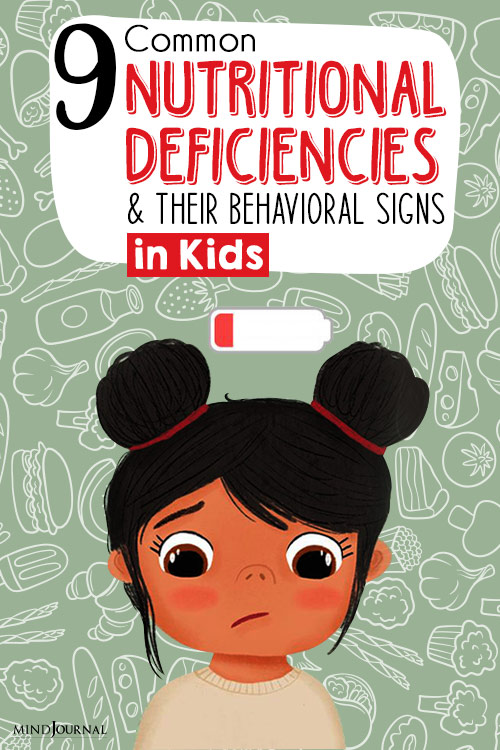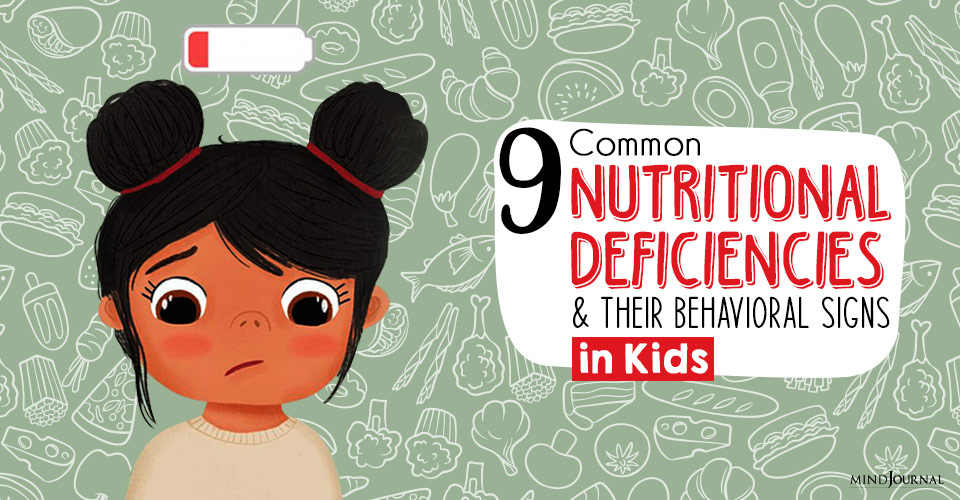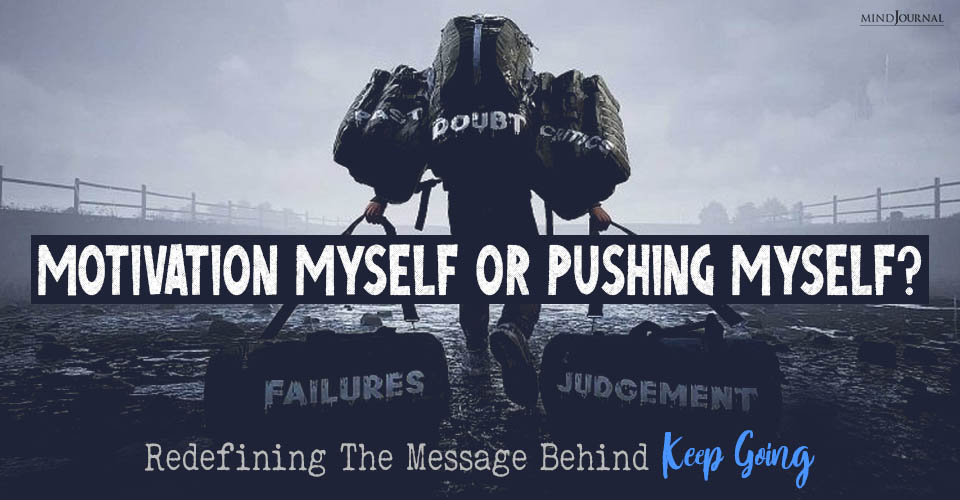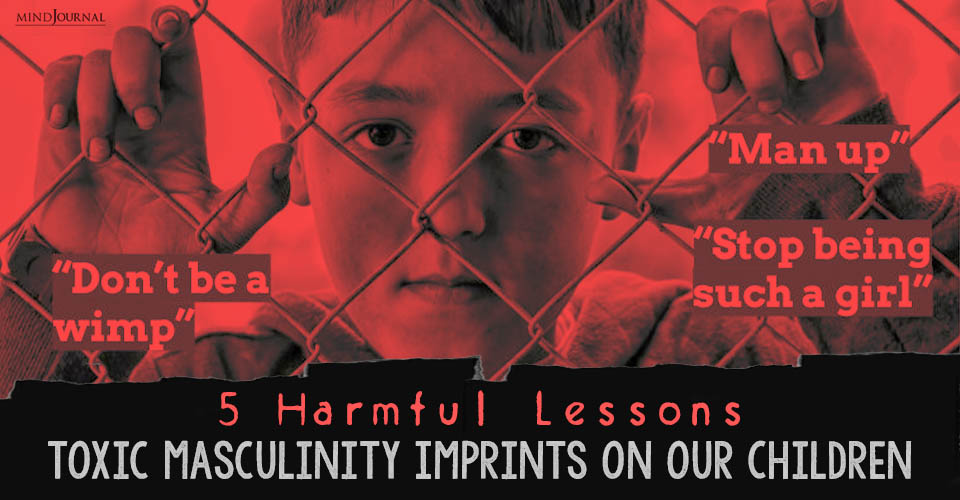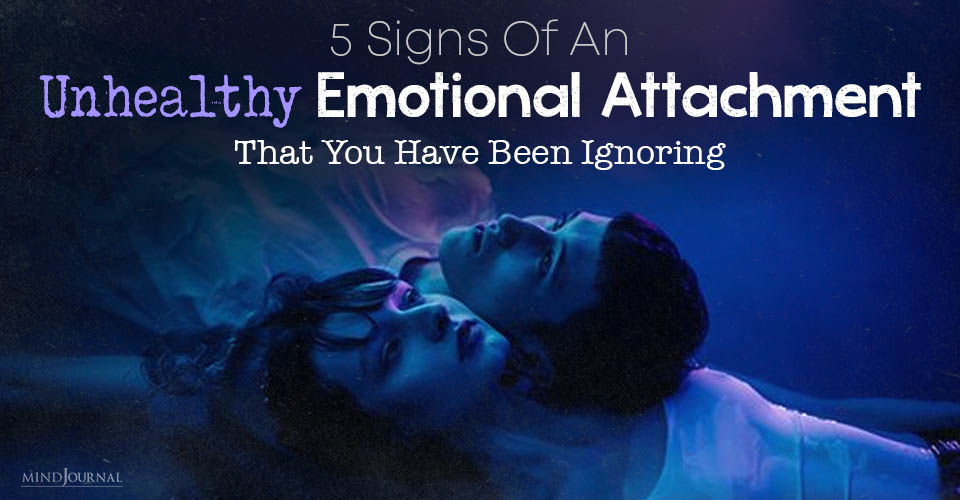When a child’s meal is not balanced or healthy, he or she may suffer from nutritional deficiencies. Here are some of the most common signs that will make you think about your child ’s health.
When I was pregnant with my twins, all that I had to remember was to eat well and not getting stressed. Having been told that everything the mother does or eats impacts your unborn child. Well, it’s true!! A woman’s nutrition intake during pregnancy affects the growth and development of her baby. While it is important to take care of your eating habits during pregnancy, it is also essential (the most essential) to pay attention to your kid’s dietary patterns after birth. In this article, we help you to understand different nutritional deficiencies in kids and the signs associated with them.
Nutritional deficiencies occur when your body is unable to absorb the essential nutrients sometimes even after consuming them. A major factor in the more industrialized countries of the world is “inappropriate diet” but a healthy and balanced diet is necessary for growth and overall well-being. Lots of kids aren’t particularly cooperative when it comes to eating, and some of them are downright picky. And these picky eaters often have a very limited diet which can lead to deficiencies, such as vitamin, iron, magnesium deficiencies
Believe it or not, nutritional deficiencies are extremely common in kids and sometimes the signs of nutritional deficiencies are not overly easy to predict. Most parents know that children need to eat healthy to stay healthy. But knowing exactly what nutrients they need is not always easy. Learning a bit more about vitamins and minerals can help ensure your kids are getting proper nutrition benefits. Before we talk about the behavioral signs of deficiencies, you should be aware of the common nutritional deficiencies and how it affects our system.
Nutritional Deficiencies In Kids
1. Iron Deficiency
The most common among nutritional deficiencies are iron inadequacy. Iron is found in every human cell, primarily linked with protein to form molecule hemoglobin which transfers oxygen from the blood to tissues. Iron is good for red and white blood cells, helps metabolism and muscle functions. Helps the body produce energy. Iron deficiency occurs from poor diet, vegan eating, high consumption of cow milk (before 2 years), and breast milk (after 6 months).
Signs of iron Deficiency in kids
- Fatigue and dizziness
- Shortness of breath
- Cold hands, and feet
- Brittle nails
- Loss of appetite
- Repeated infections
- Vertigo
- Constipation,
- Dementia.
2. Vitamin D Deficiency
Vitamin D is an active compound synthesized by the body by sunlight. Vitamin D facilitates calcium absorption and helps the body absorb phosphate from certain foods to help optimize metabolism. Needs K2 for full effect, they work together to strengthen bones and improve heart health. Our body needs vitamin D to absorb calcium, without this vitamin, our immunity system gets affected.
Vitamin D is good for regulating proper bone and teeth development, muscle function prevents high blood pressure and excessive inflammation. As most of this vitamin source is animal-based, you are likely to have vitamin D deficiency if you follow a strict vegan diet. Also, the cause for this type of deficiency is lower exposure to sunlight, limited absorption of fat in the body due to lower gut functioning.
Signs of Vitamin D Deficiency in kids
- Soft bones or in extreme cases- Rickets
- Joint pain
- Muscle cramping
- Liver disease
- Tooth decay or unhealthy teeth and gum
- Low immunity system and poor growth.
3. Vitamin C Deficiency
Vitamin C helps the absorption of iron and also works as an immune defense. Vitamin C is essential for the normal function of blood vessels. Vitamin C helps in healing wounds, reducing cholesterol, and also helps the body eliminate toxins. Without Vitamin C, our bodies are prone to skin diseases.
Our body cannot naturally produce and store Vitamin C. That is why people not consuming enough fresh fruits and vegetables often go through Vitamin C deficiency. Smoking, breastfeeding, hyperthyroidism, etc., these conditions increase the requirements of Vitamin C resulting in Vitamin C deficiency.
Related: 10+ Immunity Boosting Foods You Should Have More Often
Signs of Vitamin C Deficiency in kids
- Irritability
- Bleeding gums.
- Poor immune systems
- Slow processes of healing wounds
- Peeling nails
- Acne
- Eczema
- Moles
- Skin discoloration.
4. Vitamin A Deficiency
Another fat-soluble vitamin. There is a connection between Vitamin A and Iron as Iron helps the body absorb Vitamin A thus low iron in the body means low Vitamin A absorption. Vitamin A helps maintain epithelial tissues and also acts as an antioxidant. Also plays a role in reproduction and function in the kidneys, bladder. This deficiency aggravates the possibility of infections. Vitamin A is good for maintaining good eyesight. In pregnant women, vitamin A is important in the development of the embryo. Vitamin A deficiency mainly caused by the lack of consumption of green, yellow, orange vegetables, and fruits, eggs, milk products. Also inadequate protein and iron in the body result in a deficiency of Vitamin A also.
Signs of Vitamin A Deficiency in kids
- Poor eyesight and sometimes in extreme cases, blindness in children
- Infections
- Dry eyes
- Thick oily skin
- Digestive problems
- Broken fingernails
- Delayed growth or slow bone growth.
5. Magnesium Deficiency
Magnesium is a macromineral. It helps to keep calcium in the cell and regulates potassium in and out of cells. Enzymes require magnesium to function. Magnesium is an electrolyte essential for bone and teeth formation and nerve function. It also keeps your energy level up. Low Magnesium levels caused by inadequate magnesium intake, Also consuming processed fats, caffeine, and too much sugar makes the body less likely to absorb magnesium. People who have high calcium also go through magnesium deficiency.
Signs of Magnesium Deficiency in kids
- Poor sleeping pattern
- Twitching of eyelids
- Dandruff
- Fatigue
- Nervous system disorder
- Frequent nausea and vomiting
- Seizures
- Hot flashes.
Related: Magnesium – A Miracle Cure For Anxiety
6. Zinc Deficiency
Zinc is an antioxidant, it helps in normal tissue function and aids in the digestion and metabolism of phosphorus. Zinc is needed to effectively transport vitamin A around the body. Zinc stabilizes metabolic rate, supports an optimal sense of smell and taste. Zinc is commonly present in animal proteins thus vegetarians are likely to go through this deficiency. A poor diet and a problem with the gut can cause zinc deficiency. High dose of iron supplements also cause zinc deficiency
Signs of Zinc Deficiency in kids
- Loss of appetite
- Loss of memory
- Hair loss
- Diarrhea
- Impaired immune function in children
- Dulled sense of smell and taste
- Little to no energy
- Weight loss
7. Vitamin B Deficiency
There are eight types of vitamins in the Vitamin B Complex. This can be confusing but it is the most important vitamin group for children especially. Different vitamins are important for different reasons in the body. B complex helps to generate different nutrients. These vitamins are important for metabolism and provide healthy development of the brain and body. B complex vitamins help the body to process carbohydrates, fats, and proteins. B7 is a biotin in this group which promotes healthy hair, skin, nails. B9 (Folic acid) contributes to proper DNA production. A non-balanced diet and excessive intake of medication are the main reasons for Vitamin B complex deficiency. Crohn’s and Celiac disease also causes the non-absorption of Vitamin B complex.
Signs of Vitamin B Complex Deficiency in kids
- There are different symptoms of deficiency of B complex
- Mouth ulcers
- Weakness
- Pale skin
- Decreased alertness
- Brittle hair
- Swollen tongue
- Inability to sleep
- Clumsiness in muscles
- Weakened nervous systems
- Bad breath
- Mood disorder
- Abdominal cramps
- Rashes.
8. Vitamin B12 Deficiency
This is also a part of the Vitamin B complex but it is a very important and essential vitamin needed by our body. This vitamin helps in blood formation and brain nerve function. This improves concentration, aids digestion. Vitamin B12 can’t be made by the body, instead, it must be gotten from food and supplements. That is why it is relatively common to have Vitamin B12 deficiency. People who take heartburn drugs can also face this issue which reduces the stomach acid resulting in low absorption of vitamin B12. People who already have disorders such as autoimmune thyroid disease, Addison’s disease, rheumatoid arthritis, etc. are at higher risk for developing pernicious anemia or vitamin B12 deficiency.
Related: 11 Symptoms Of Vitamin B12 Deficiency and How It Affects Your Body
Signs of Vitamin B12 Deficiency in kids
- Developmental delay
- Neurological problems
- Weakness
- Headache
- Heart palpitation
- Numbness in hands and feet
- Anemia
- Memory disorder
- Reduced tactile sensation
- Difficulty swallowing
9. Vitamin K Deficiency
Vitamin K produces proteins that help the blood clot. It is needed for the prevention of hemorrhage. A vitamin K shot is given to babies born in the hospital if levels of vitamin K are too low and do not clot. A newborn’s gut cannot produce Vitamin K2 in the first few days. People who take blood thinners or high Vitamin A supplements and also infants are much likely at an increased risk of vitamin K deficiency. Also, the liver and gallbladder problem makes the body less able to absorb Vitamin K.
Signs of Vitamin K deficiency in kids
- Bleeding from the area where the umbilical cord has been removed
- Excessive bleeding
- Bleeding gums and nose
- Black and blue marks on the skin
- Stool that is black in color
- Easily bruising
Remember, malnutrition and nutritional deficiencies are different. Malnutrition refers to different conditions such as undernutrition, vitamin deficiency, and overnutrition (obesity), but nutritional deficiencies include deficiency of various nutrients or the body being unable to absorb nutrients.
If you suspect that your child has or is developing a nutritional deficiency or if a health disorder can lead to eventual deficiencies in nutrients, it is essential that medical evaluation is sought as soon as possible. Maintaining and if possible, optimizing nutritional health is essential for an improved quality-of-life! Although treatment can result in dramatic improvements in most children, it is also crucial for a parent to watch their kid’s daily diet and consumption of junk foods.
